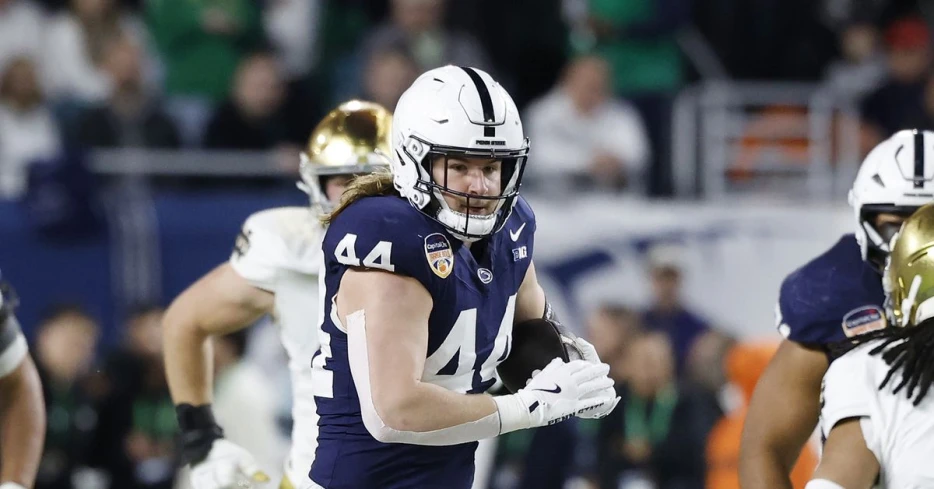
 Gang Green Nation
Gang Green Nation
Why some positions don’t often get chosen at the top of the first round
This is far from groundbreaking, but different positions get paid different amounts. For example, great quarterbacks make $40+ million whereas great punters are happy to get $5 million.
However, the NFL draft doesn’t care about positional values. Rather, players are paid based on where they’re selected, regardless of position. A wide receiver taken with the first overall pick gets paid the same as a quarterback or a cornerback or even a punter if they’re taken with the first overall pick.
Thus, the ability for a player to generate a positive return on investment relative to their pick can vary due to this, as some picks will inherently place a player into a pay threshold that is among the league’s best. In an example provided on Twitter, the Jacksonville Jaguars would essentially need running back Ashtyn Jeanty to be a top 5 running back for him to outpace his contract if they were to take him with the expectation that he’d be worth more than his contract.
For the New York Jets, this is relevant as they consider a variety of players on draft day. The loudest noise around the Jets has pretty consistently been around Tyler Warren, who would earn about $8 million as a tight end. This would place him in the 42nd percentile among tight end pay per their chart, which would rank about 20th overall among tight ends. For reference, this pay would be in the ballpark of second contract tight ends such as Mike Gesicki and Tyler Higbee, which seems like a reasonable bar that a player like Warren could be expected to clear to generate a positive return on investment for the pick if he’s selected.
However, it is also notable that the top tight end is paid 19 million per year. By comparison, the top left tackle is paid 27 million per year, the top right tackle is paid 28 million per year, and the top edge rusher is paid 40 million per year. Thus, the potential return on investment that a tight end can provide via being among the best at his position is quite a bit lower than other premium positions.
Together, it creates a bit of a conundrum. While a player like Warren is likely to outplay his draft slot and provide surplus value, the ceiling of how much surplus value he can add is inherently going to be limited compared to players at other positions whose peers are paid so much more. For example, if the Jets were to take Warren and he was “elite”, then he’d likely only provide about $12 million in surplus value, whereas an elite edge rusher taken with this same pick would provide $32 million in surplus value. Needless to say, that’s a pretty big difference.